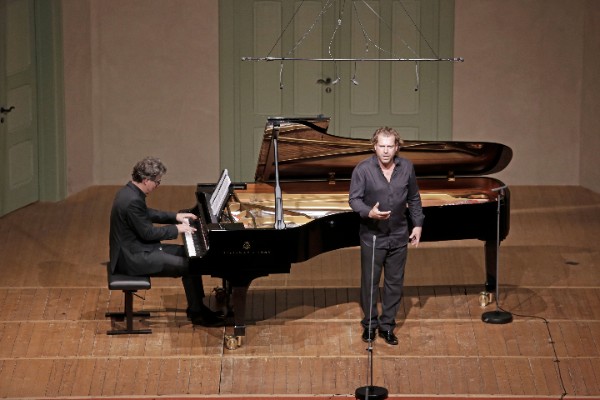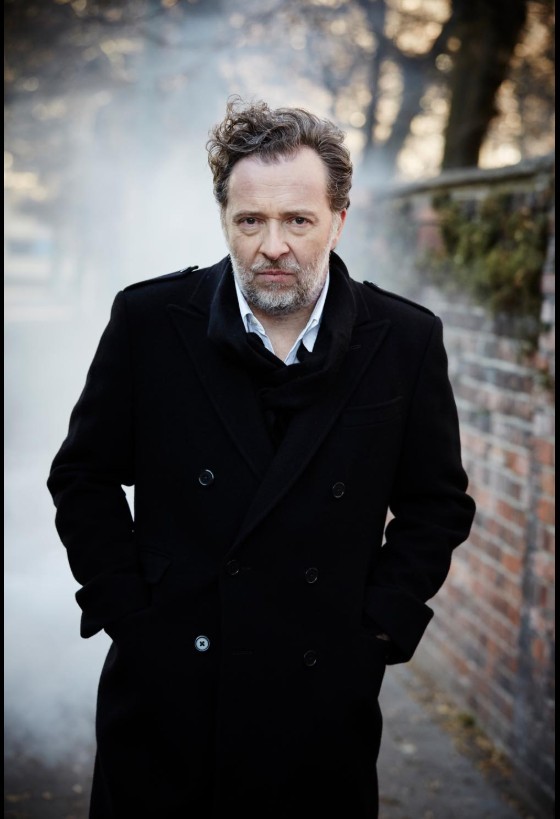Picturesquely located on the Bavarian side of the Alps with fabulous vistas of Germany’s highest mountain, the united towns of Garmisch and Partenkirchen are primarily known to winter sports aficionados. After all, the region hosted the 1936 Winter Olympic Games, and it still offers countless summer and winter activities for nature and wildlife lovers.
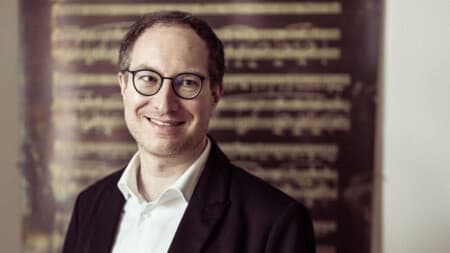
Dr. Dominik Šedivý © Wolfgang Ehn
It is less well known that this settlement, dating back to Roman times, has been home of some leading artistic personalities, including the author Michael Ende, as well as conductor Hermann Levi and Richard Strauss, one of the leading German composers of the late Romantic and early modern eras.
Richard Strauss: An Alpine Symphony, Op. 64
As we commemorate the 75th anniversary of Richard Strauss’ death in 2024, Interlude had the distinct pleasure of briefly talking to Dr. Dominik Šedivý, simultaneously director of the Richard Strauss Institute and artistic director of the annual Richard Strauss Festival. After studies in composition, conducting, theory, and musicology, Dr. Šedivý came to Garmisch-Partenkirchen with a broad educational background and the highest scholarly and artistic credentials.
Strauss Institute
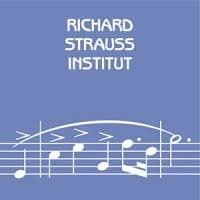
Richard Strauss Institute
The Richard Strauss Institute, originally established in Munich in 1982, moved to Garmisch-Partenkirchen in 1997. It is a unique research centre that “provides scholarly service in source-based research.” As part of a scholarly and artistic network the Institute collaborates with universities, colleges, public music institutions and also focuses on “regional visibility and regional cultural education.”
Since Garmisch does not have an opera house or a professional philharmonic orchestra, Dr. Šedivý explains that the Richard Strauss Institute “contributes to public cultural life through concerts and by playing an active part in local co-operations.” And since November 2018, Dr. Šedivý and his team have been the first musicologists to have full access to the Strauss estate located in the Strauss Villa.
Richard Strauss: Violin Sonata in E-flat Major, Op. 18
Strauss Villa
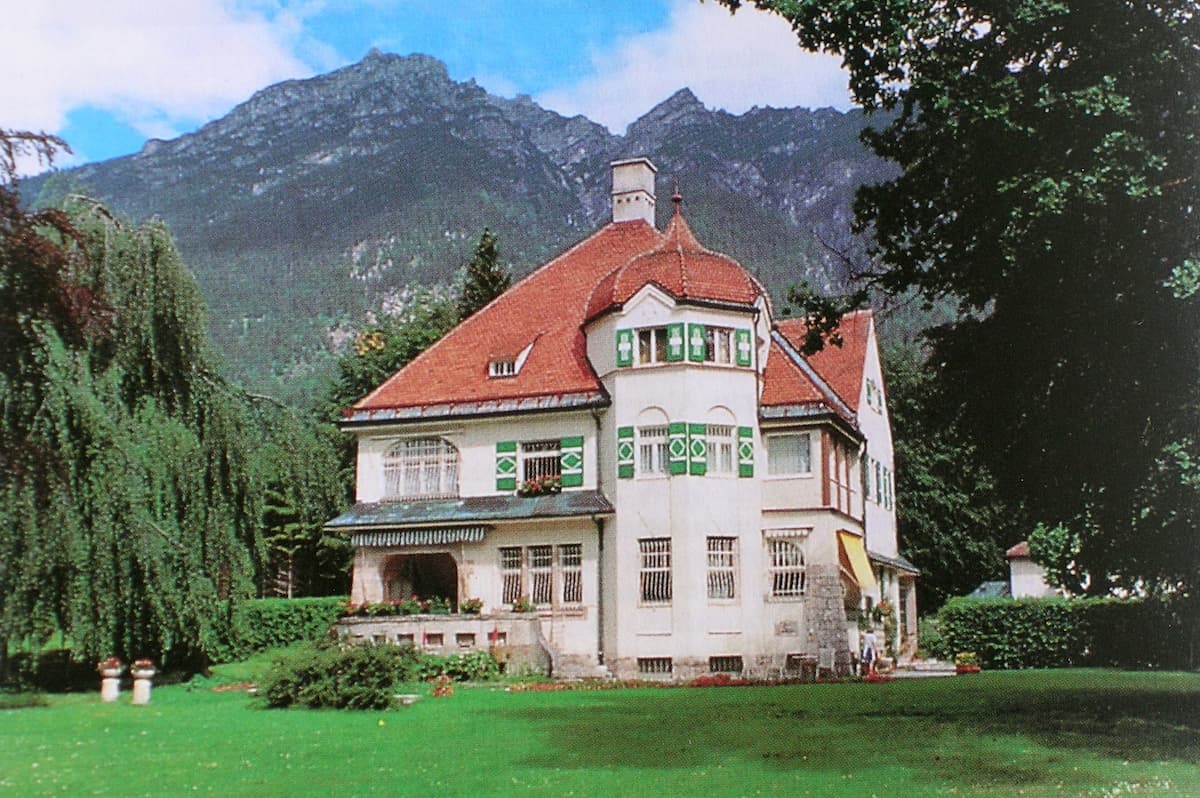
Richard Strauss’ Villa Garmisch
With royalty payments received from his opera Salome, Richard Strauss purchased a lot of land in Garmisch-Partenkirchen and hired the Art Nouveau architect Emanuel von Seidl to design a two-storey villa. The Strauss family used the villa as a summer retreat from 1908, and Strauss resided there until his death in 1949. The dressing rooms on the first floor house an extensive archive, a veritable treasure that had been set up by the composer’s daughter-in-law, Alice Strauss.
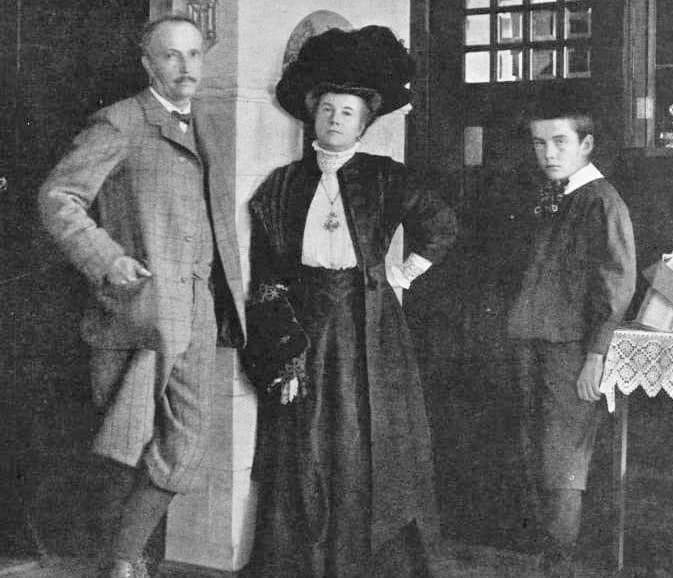
Richard, Pauline and Franz Strauss, 1910
The scholars of the Strauss Institute are in charge of the secret vaults, and, together with colleagues from the Kritische Ausgabe der Werke von Richard Strauss (Critical Edition, based at the LMU Munich), since 2020 have “found more than 70 sources, such as sketches, books, and manuscripts, some of which were unknown or considered lost for decades.” As can be imagined, the process of indexing roughly 20 to 30 thousand pieces of miscellany correspondence has only began. However, no major new composition by Strauss is expected to be discovered. Dr. Šedivý particularly likes to remember “a sketch for Capriccio stuck behind a drawer in Strauss’ desk. Countless people have been to this desk since 1949, but there we found an unknown piece of paper that was touched only by the composer before.”
Strauss Festival
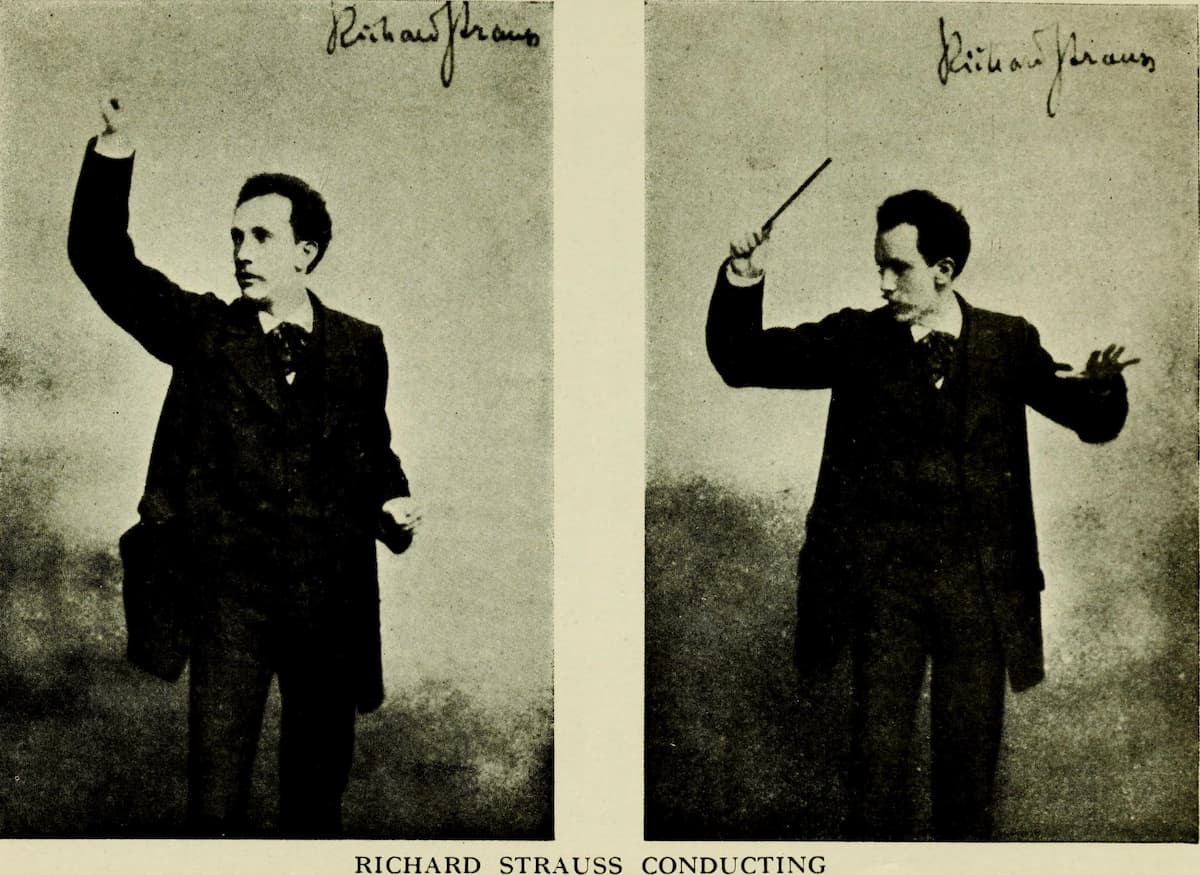
Richard Strauss conducting, 1917
In addition to his duties at the Richard Strauss Institute, Dr. Šedivý has also taken on the duties of artistic director of the annual Richard Strauss Festival. He has successfully steered this event through the difficult time of the pandemic, and consolidated the event in terms of finance and organisation. Above all, the Festival provides the opportunity to experience classical music “in the very town and environment where Strauss lived, and from which he received his inspiration.” At the Richard Strauss Festival in Garmisch-Partenkirchen, you can actually meet “Strauss the person.”
The Festival also provides the platform for up and coming stars, organising masterclasses, artistic workshops and opera performances. It creates, according to Dr. Šedivý, “an open and inclusive atmosphere of interaction between generations.” Because of its intimate nature, audiences can get close to artists and performers, and it “focuses on education in diverse formats, including introductions, musical hikes, dinner concerts, brass music, and performances by kids.”
Richard Strauss: Ariadne auf Naxos, (excerpt)
Placing Richard Strauss in an artistic, musical, cultural, and environmental context, the Festival and Institute aim to pass on this incredible legacy to future generations around the world.
The Richard Strauss Festival (Richard Strauss Tage) takes place between 1 and 11 June 2024 in Garmisch-Partenkirchen.
For more of the best in classical music, sign up for our E-Newsletter

